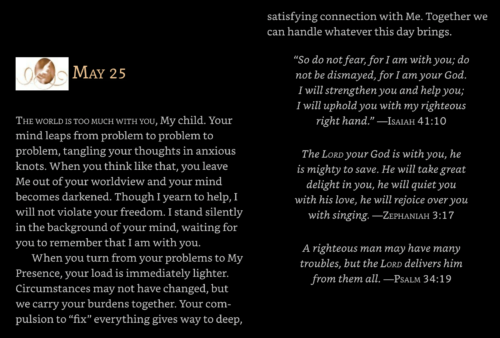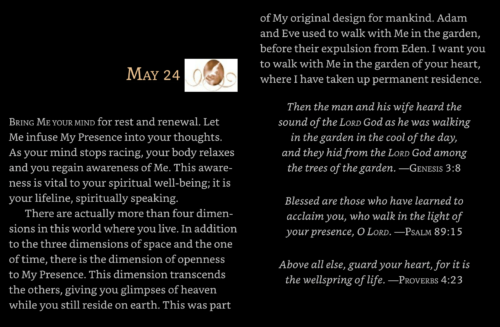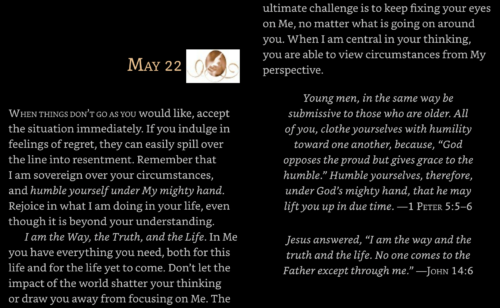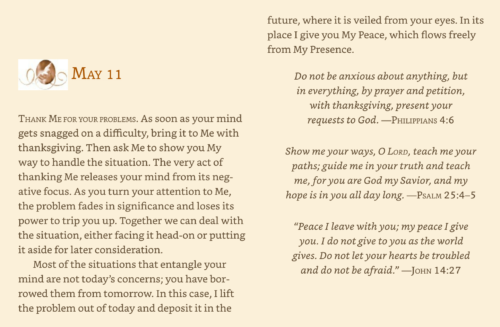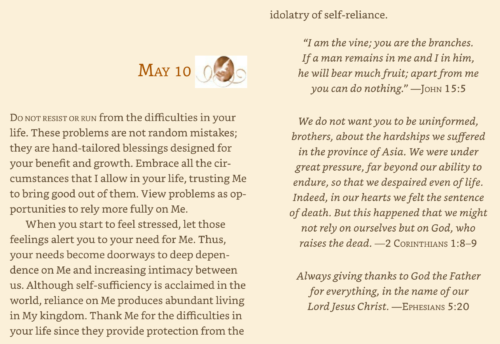Ever-Widening Circles
Father Richard describes his spiritual development as a “pilgrim’s progress,” with God using the circumstances of his life—particularly his international ministry and travel—to expand his vision, heart, and mind:
As I moved in ever-widening circles around the world, the solid ground of the perennial tradition never really shifted. It was only the lens, the criteria, the inner space, and the scope that continued to expand. I was always being moved toward greater differentiation and larger viewpoints, and simultaneously toward a greater inclusivity in my ideas, a deeper understanding of people, and a more honest sense of justice. God always became bigger and led me to bigger places. If God could “include” and allow, then why not I? If God asked me to love unconditionally and universally, then it was clear that God operated in the same way.
Soon there was a much bigger world for me than the United States and the Roman Catholic Church, which I eventually realized also contained paradoxes. The e pluribus unum (“out of many, one”) on American coinage did not include very many of its own people (women, BIPOC, LGBTQIA+ people, poor folks, people with disabilities, and so many more). As a Christian I finally had to be either Roman or catholic, and I continue to choose the catholic end of that spectrum—remember, catholic means universal. Either Jesus is the “savior of the world” (John 4:42), or he is not much of a savior at all. Either America treats the rest of the world and its own citizens democratically, or it does not really believe in democracy at all. That’s the way I see it.
But this slow process of transformation and the realizations that came with it were not either-or decisions; they were great big both-and realizations. None of it happened without much prayer, self-doubt, study, and conversation. The journey itself led me to a deepening sense of holiness, freedom, and wholeness. Although I didn’t begin thinking this way, I now hope and believe that a kind of second simplicity is the very goal of mature adulthood and mature religion.
My small, personal viewpoint as a central reference for anything, or for rightly judging anything, gradually faded as life went on. The very meaning of the word universe is to “turn around one thing.” I know I am not that one thing. There is Big Truth in this universe, and it certainly isn’t mine.
Mature religions, and now some scientists, say that we are hardwired for the Big Picture, for transcendence, for ongoing growth, for union with ourselves and everything else. Either God is for everybody, and the divine DNA is somehow in all creatures, or this God is not God by any common definition, or even much of a god at all. We are driven toward ever higher levels of union and ability to include, even if some of us go kicking and screaming. “Everything that rises must converge,” as Teilhard de Chardin put it. [1]
Seeing All the Things
For Rev. Dr. Jacqui Lewis, religion at its best teaches us how to “see” with greater clarity, which increases our courage and capacity to love ourselves, others, even our enemies.
In its truest sense, religion should reconnect human beings—bind them again—to the creation, to one another, to the divine, to love. Religion should reveal to us how much we need one another to survive and thrive. Religion should be revelatory and revolutionary, helping us see how our biases about color, gender, sexuality, and class cause deep hurt to both body and soul. . . .
The teaching of rabbi Jesus is simple: Love God. Love neighbor. Love self. Love period. . . .
At a lecture in Israel, I heard one of my favorite rabbis, Donniel Hartman, say, “A life of faith isn’t just about walking with God, but how one walks with humanity. The core feature of a moral life is to see. Choosing not to see is immoral. The goal of religion is to improve our willingness and our ability to see.” A spiritual life is supposed to help us see better. The aim of Love, and any God worth worshipping, is improved sight. . . .
An ethical and moral life is about letting go of indifference and learning how to see. It’s about waking up to love ourselves, love our posse, and love our world. Imagine love as our shared spiritual practice, binding us to one another, enabling us to see our connection—that we are kin. . . .
In order to live a moral life, a good life, an ubuntu life [1], we must commit to a life of love that means seeing all the things. See your neighbor suffering and do something about it. See a stranger laboring under a heavy load and help out. See lies spoken and shared in social media and call foul. See a friend soaring, and say, “I see you, beautiful creature!” to build their self-love tank. . . .
Friend, you are the only one standing where you stand, seeing what you see, with your vantage point, your story. You are right there for a reason: to have, as my dear friend Ruby Sales says, “hindsight, insight, and foresight.” I want us to learn to see, with our eyes wide open, how best to be healers and transformers. I want us to really see, to fully awaken, to the hot-mess times we are in and to the incredible power we have to love ourselves into wellness. . . .
I want us open to revelation, not afraid of it, and open to the ways that it will provoke us to believe assiduously in how lovable we each are, and in the love between us and among us because, actually, believing is seeing.
Believing is seeing our connection: We are one.
Seeing Jesus Again
In the latest season of the CAC podcast Learning How to See, Diana Butler Bass speaks about seeing Christianity in a fresh way:
The question of how we see, and what the lenses are that allow us to understand our lives and the world more deeply is a question that I’ve cared about for a really long time. . . . How do we understand where and how the divine, where God, the Holy Spirit is operating in our lives, in our institutions, and the world around us? What gives us the capacity to even understand any of that? . . . In the latest book [Freeing Jesus], what I really wanted to do is settle down to the basic issue, or the basic central reality of Christianity. Because people started asking me about ten years ago, “Why do you stay Christian?” . . . And I’d have all sorts of fancy answers and then I’d just say, well, it’s because of Jesus. . . .
That’s where I wanted to go, and think about: who is Jesus really? Who has Jesus been for me? And why has that been so central to my own life story? . . . And I think where Freeing Jesus has taken me is that somehow staying Christian is about staying in and with and through Jesus. Jesus has everything to do with it. And that really matters to me. Yet Jesus has not stayed the same for me through my whole life’s journey. And so, I’ve had to be open to understanding that, even though there’s one verse in Hebrews that says “Jesus Christ is the same, yesterday, today, and forever” [Hebrews 13:8], I have not stayed the same yesterday, today, and forever. The church does not stay the same yesterday, today, and forever. And so, in a very real way, Jesus has changed for me. Jesus changes for the world. Jesus changes for the institutions of faith, for the church. . . . If you’re not doing that kind of work, of letting the end of one image emerge for you and a new image of Jesus be born for you, you’re probably in a pretty static place in your own faith.
In Freeing Jesus, Bass describes our relationship with Jesus as a dynamic opportunity to see God and ourselves perpetually anew:
If we think that being with Jesus means getting the right answers from a creed or remembering points of doctrine from a sermon, we probably will not manage to truly know Jesus. We will only succeed in keeping the right responses scribbled on some back page of our memory. “Who are you, Lord?” [Acts 9:3–5] is the question of a lifetime, to be asked and experienced over and over again. That query frees Jesus to show up in our lives over and over again, and entails remembering where we first met, how we struggled with each other along the road, and what we learned in the process. [1]
